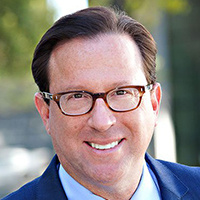Arlington DUI-DWI Lawyer, Texas, page 3
Sponsored Law Firm
-
 x
x

Click For More Info:
-
Law Offices Of Bruce C. Kaye
400 N. St. Paul St.1110 Dallas, TX 75201» view mapCriminal Defense Law Changing Lives, One Case At A Time
The best thing about running my own practice is the opportunity to give my clients the individual attention they deserve.
800-920-9461
FREE CONSULTATION
CONTACTFREE CONSULTATION
CONTACTFREE CONSULTATION
CONTACTFREE CONSULTATION
CONTACTFREE CONSULTATION
CONTACTFREE CONSULTATION
CONTACTFREE CONSULTATION
CONTACTColby Vokey
DUI-DWI, Personal Injury, Administrative Law, Government, Mass Torts
Status: In Good Standing
FREE CONSULTATION
CONTACT Bruce Kaye Dallas, TX
Bruce Kaye Dallas, TX
